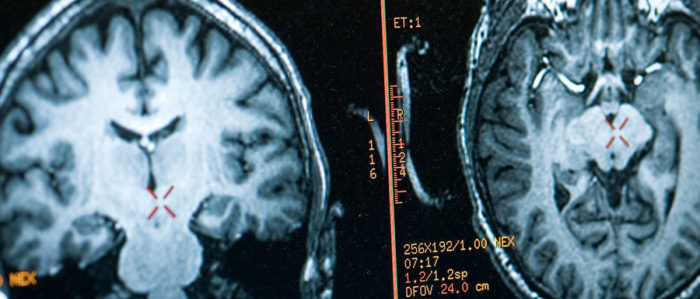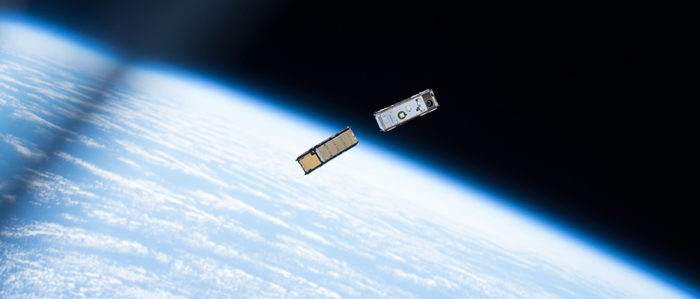In the New York Times: A secret superpower, right in your backyard
As the verdant hills of Wakanda are secretly enriched with the fictional metal vibranium in “Black Panther,” your average backyard also has hidden superpowers: Its soil can absorb and store a significant amount of carbon from the air, unexpectedly making such green spaces an important asset in the battle against climate change.
On CBS58 Milwaukee: Group of UW researchers spend all year in Antarctica
Antarctica is the coldest place on Earth where the sun doesn’t shine for six months at a time, but it’s staffed by a group of scientists based out of Wisconsin all year long. Meteorologist Justin Thompson-Gee had the opportunity to talk with scientists of a research project called IceCube in Antarctica.
They grin, you bear it: Research reveals the physical impact of a smile
Not all smiles are expressions of warmth and joy. Sometimes they can be downright mean. And our bodies react differently depending on the message a smile is meant to send. Research led by Jared Martin, a psychology graduate student at the University of Wisconsin-Madison, shows that smiles meant to convey dominance are associated with a physical reaction - a spike in stress hormones - in their targets. On the other hand, smiles intended as a reward, to reinforce behavior, appear to physically buffer recipients against stress.
In Isthmus: Virtual clues: UW researchers study how people interpret VR technology
No matter how real virtual reality might seem, humans don’t view it as reality, UW-Madison researchers find.
New research reimagines anti-poverty policies and the social safety net
A selection of innovative anti-poverty policy proposals by leading social scientists, including some from UW-Madison, explores alternatives to shrinking federal programs.
New approaches in neuroscience show it’s not all in your head
Our own unique experiences shape how we view the world and respond to the events in our lives. But experience is highly subjective. What’s distressing or joyful to one person may be very different to another. These differences can matter, especially as a growing body of research shows that what happens in our inner landscapes — our thoughts about and interpretations of our experiences — can have physical consequences in our brains and bodies.
UW-Madison to aid NASA’s push to measure Arctic’s radiant energy
Questions abound about conditions in the Arctic and its role in regulating Earth’s climate. Now, a UW–Madison-led research program aims to answer some of them.
Stellar magnetism: What’s behind the most brilliant lights in the sky?
"The best picture yet of magnetic reconnection in space” offer insight into the role of magnetic reconnection in celestial explosions, eruptions and extraordinary emissions of energy.
On Wisconsin Public Radio: UW botany professor Simon Gilroy grows plants in space
Since the 1960s, scientists at the University of Wisconsin-Madison have been studying how plants will grow in space. WPR talks with Professor of Botany Simon Gilroy at the University of Wisconsin-Madison, who has been leading a research team to study the effects of growing plants in a zero gravity environment.
L&S Communications
South Hall, Bascom Mall
Madison, WI 53706
info@ls.wisc.edu










